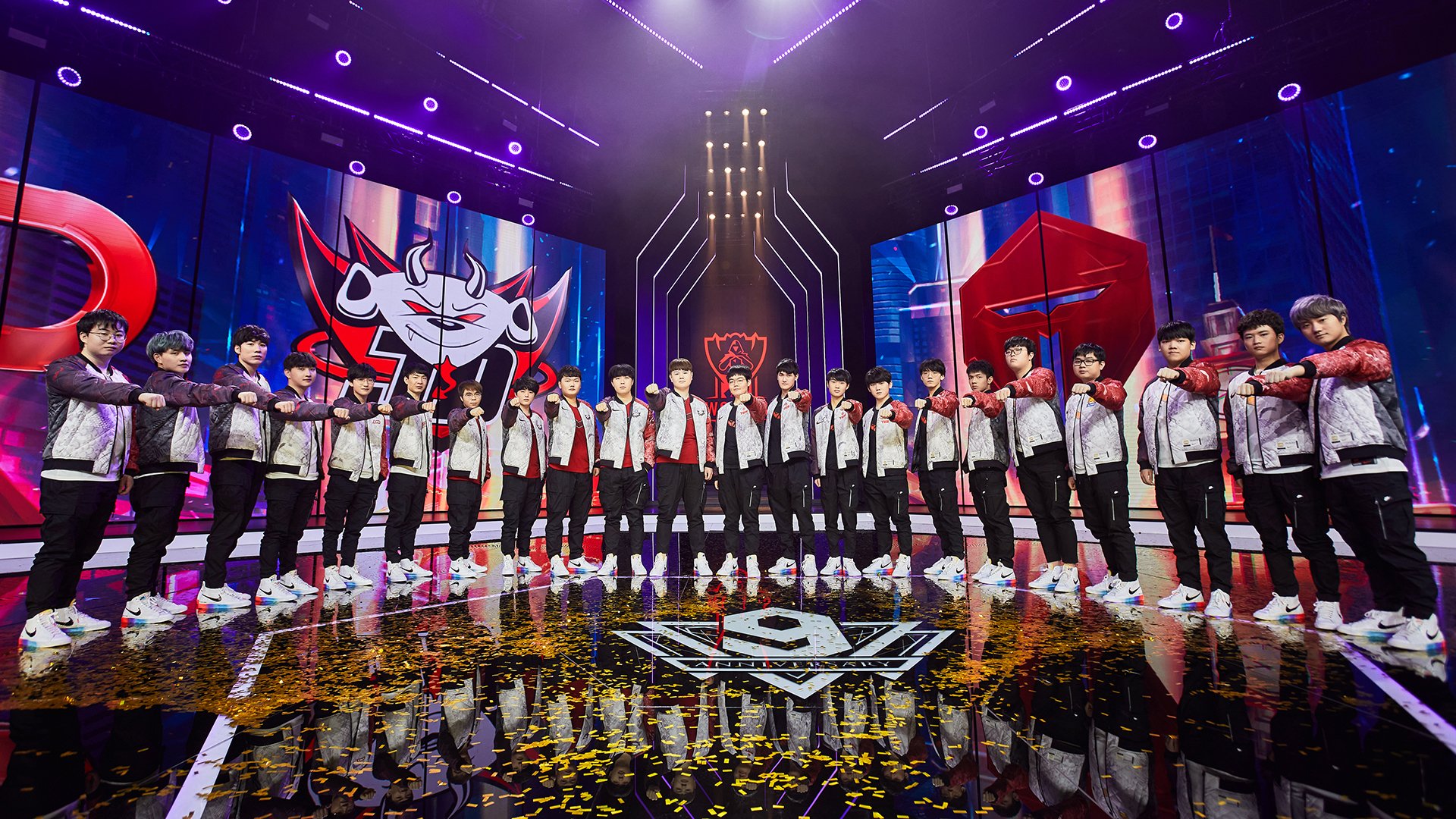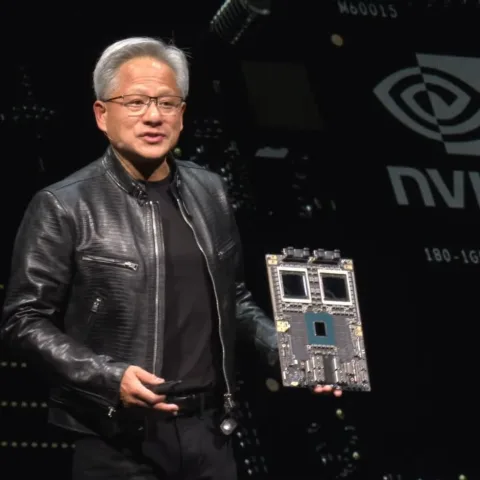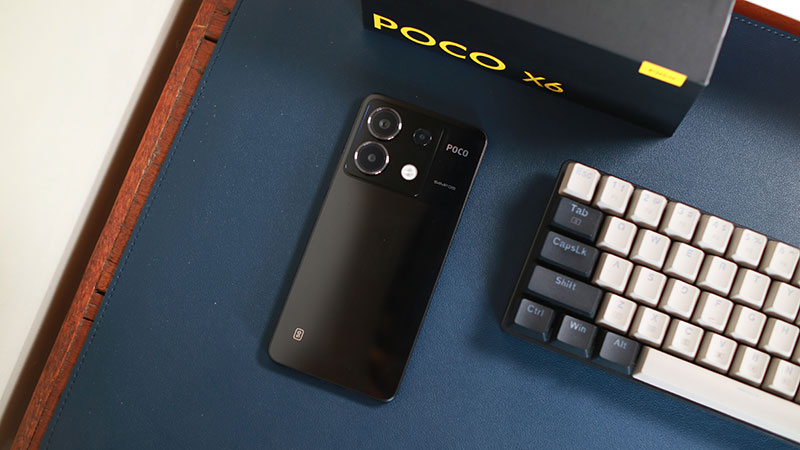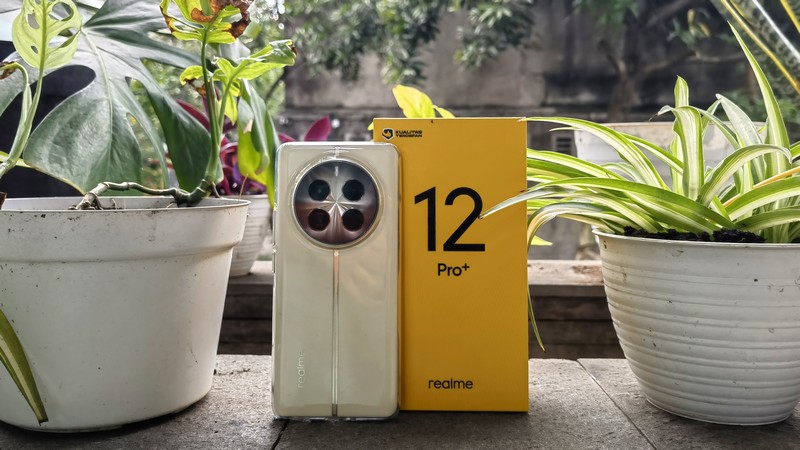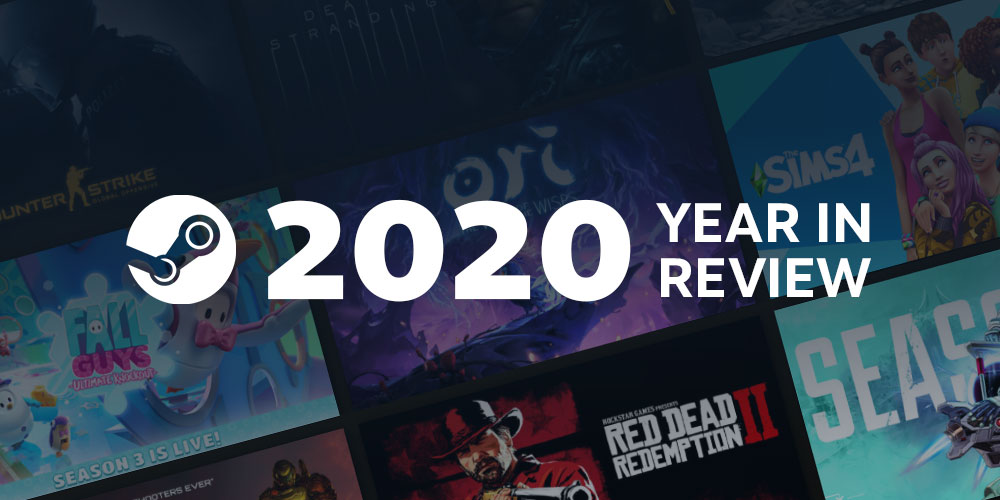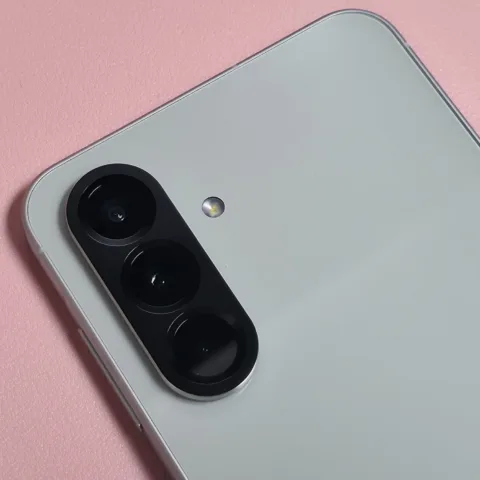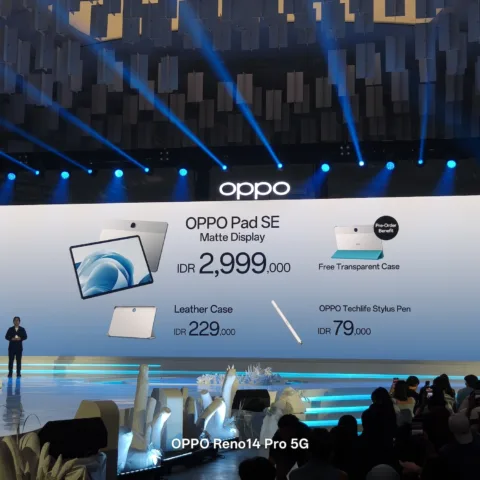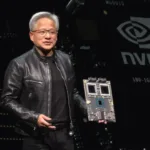Esports is one of the most attractive and popular fields to hop into in recent years. It has proven its worth and the amount of attention it gets even from the mainstream public. To a few, esports is merely forming teams and playing as five, but it gets more serious than that. Esports has formed its very own ecosystem outside of casual gaming, and the two realms seem to be growing in their own separate ways.
However, the esports ecosystem has a problem with sustainability and longevity. It’s certainly no secret that several esports titles are clearly dead in regions where the game is no longer thriving. Catering to this issue, some game developers have found ways to mitigate such a downhill long-term path, one of which is franchising.
While the benefits of franchising vary depending on the game, the general idea is to have the main game developer act as a franchiser. Potential franchisees can then purchase slots to be able to participate in organized, seasonal leagues hosted by the franchiser. Normally, every region has its own league, either separated per nation or one for each continent, depending on the organizers.
Status Quo
This trend of franchising could be found even in days of traditional sports and judging its effectiveness, various game developers have decided to adopt the same strategy. Riot Games, for instance, chose this path when it comes to their long-time titles like League of Legends starting the past few years.
On the one hand, not all game developers believe in such a structure in their ecosystem. For instance, Valve’s Dota 2 doesn’t implement franchising as they let third-party organizers host Dota 2 events and let teams participate in them. Furthermore, Riot Games themselves didn’t choose to recycle the same franchising idea for their latest esports title VALORANT.
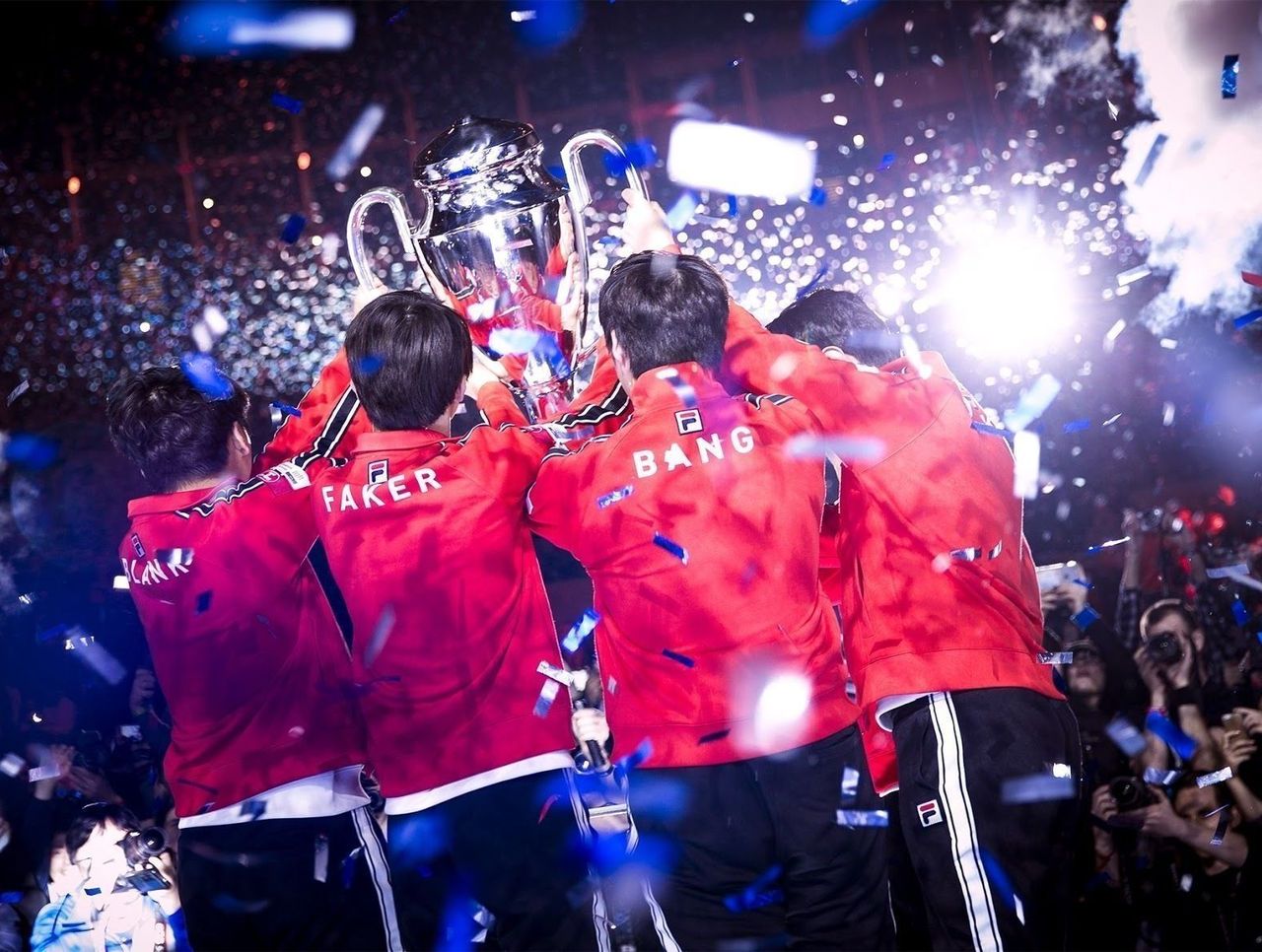
Then again, the esports world isn’t limited to only the big PC esports games mentioned earlier. While titles like Dota 2, Counter-Strike: Global Offensive, and League of Legends are huge in regions such as North America, South Korea, Europe, and so on, their Southeast Asian counterparts are geared towards mobile-esports title instead.
Games like Mobile Legends: Bang Bang and PUBG: Mobile have admittedly bled into the mainstream culture in countries like Indonesia, Malaysia, Singapore, the Philippines, and many others. Aside from becoming part of the youth’s culture, it has grown into an industry that could be considered on-par, or even better than their PC halves.
Factors that led to their ever-growing popularity include the accessibility of those games requiring only a smartphone, the entry barrier with a low difficulty level, as well as how elegant the organizers orchestrated the respective regional markets.
Mobile Legends: Bang Bang
To be more specific, consider how Mobile Legends: Bang Bang’s organizer Moonton developed the local scene. Unlike Valve, for instance, Moonton gets really involved with figures in the local scene such as tournament organizers, talents, team owners, and professional players. They did what Valve exactly did not do when it comes to these regions, and their efforts are clearly paying off.
Their way of sustaining the industry in the aforementioned regions is by holding seasonal leagues. They have a list of teams that participate regularly in different events which eventually build up to continental-level tournaments like Mobile Legends Southeast Asia Cup (MSC) and later international-scale tournaments like the M2 World Championship.
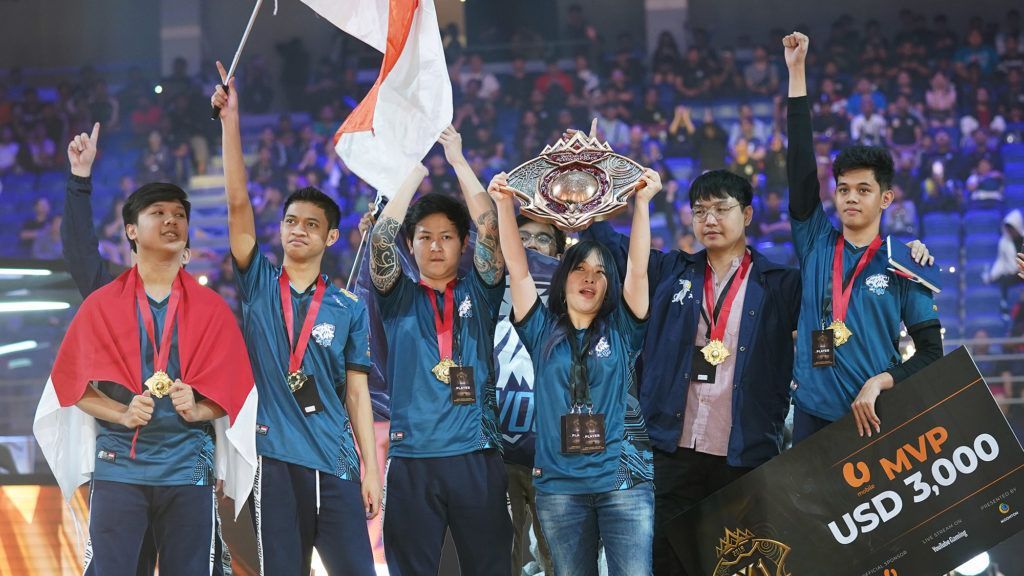
Getting involved with different team owners assist in building trust between the two parties and ensures mutual loyalty. Moonton and event organizers gain plentiful benefits that stem from hosting leagues, and team owners could safely qualify into tournaments without the need to go through numerous phases of Open Qualifiers or Closed Qualifiers like that of Dota 2.
Pros and Cons of Franchising
With the risk of teams not playing in a prestigious tournament virtually gone and the securing of large-scale esports organizations under their belt, this system looks to be beneficial all-around. But, like many other things, this system comes with its own set of downsides if handled incorrectly.
Team organizations would need to commit dedication to play the seasonal leagues and paying the fees required to purchase the franchise slot. In comparison to the Dota 2 system implemented by Valve, teams are much more flexible when it comes to choosing which tournaments they would like to participate in.
When esports franchising thrives depends a lot on how large the scene is in the different regions. If the game is insanely popular and attractive, like in many Southeast Asian countries, then this high-risk, high-reward model could indeed be successful.
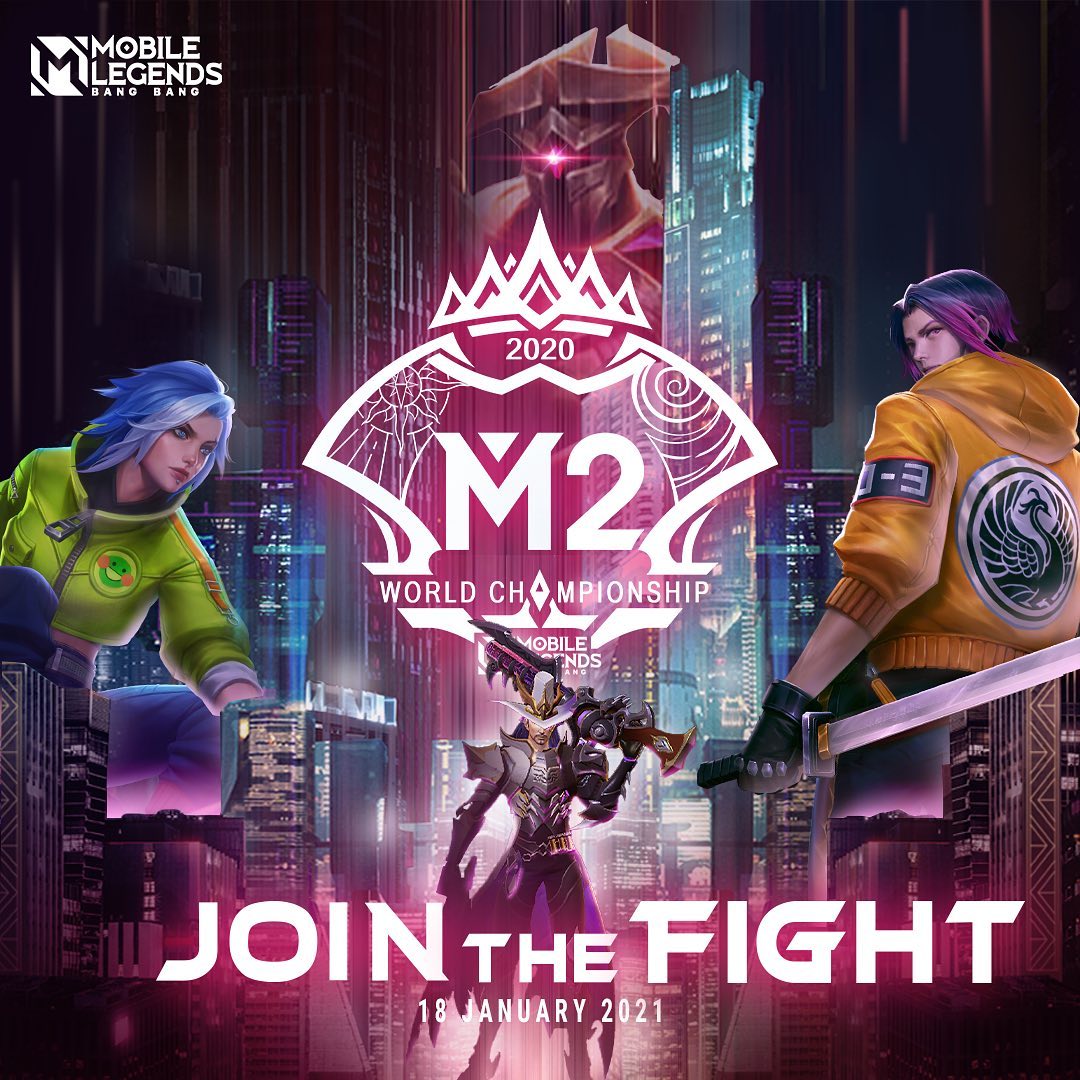
This model breathes and survives while relying quite significantly on promotion and marketing, as well as sponsorship. Hence this why organizers like Moonton needs to develop relationships with teams, organizers, media, players, and numerous other figures critical to the local scene. Otherwise, it would be a tough decision to make and could rather be detrimental in the long-run.
Mobile-Esports Franchising in East Asian Countries
In addition to the increasing popularity of mobile-esports particularly in Southeast Asia, East Asia also has a lot of untapped potentials. Their PC counterparts are amongst the most successful regions in the entire world, especially League of Legends. Countries like China, South Korea, and Japan have a long-lasting League of Legends esports scene that commenced as early as 2012.
Riot Games hosts multiple League of Legends seasonal leagues like the LoL Pro League (LPL) in China, LoL Champions Korea (LCK) in South Korea, as well as LoL Japan League (LJL) in Japan. This structure resonates with the path which Moonton decided to take in Southeast Asia, except with Mobile Legends instead.
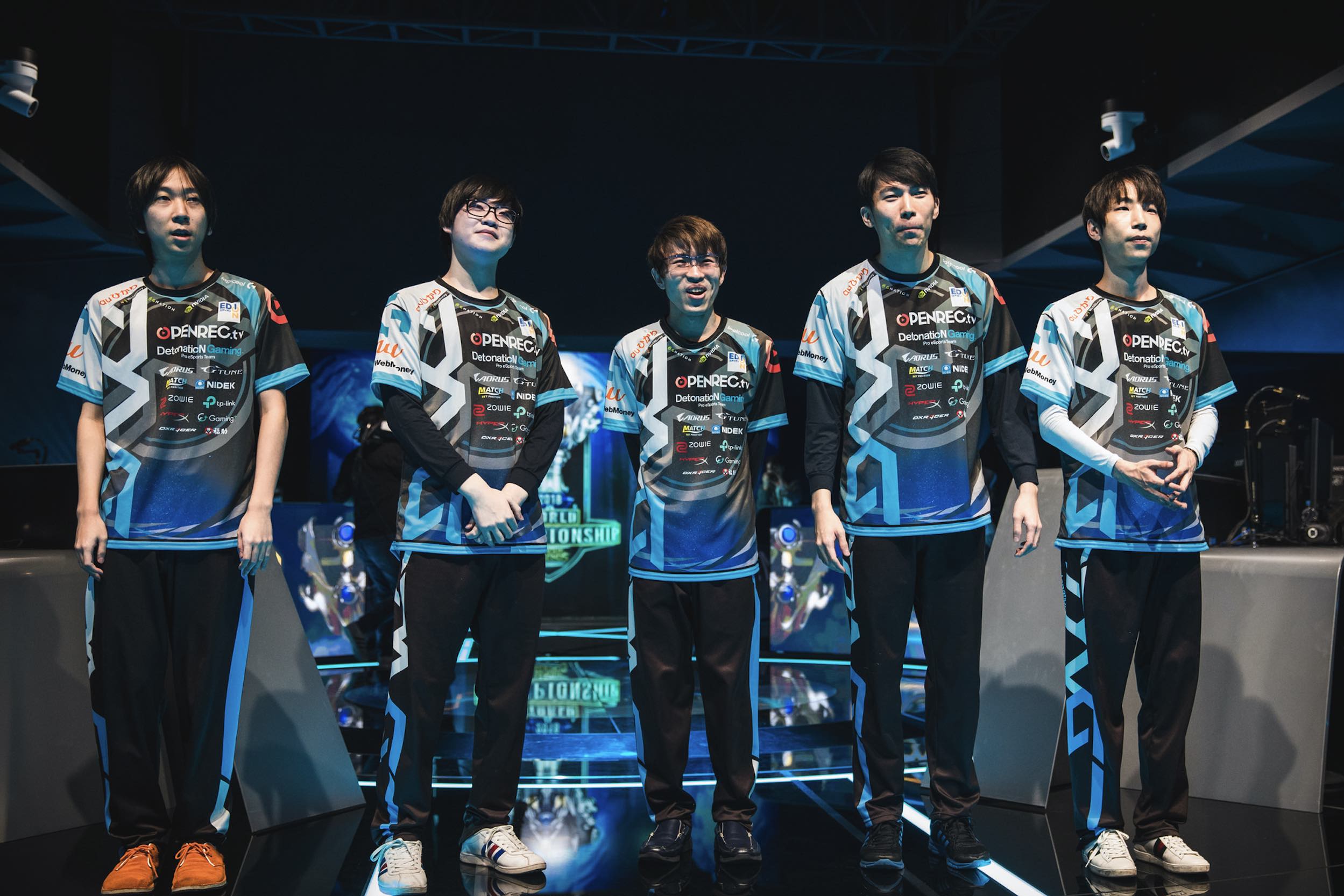
What then remains as a question is whether or not they could emulate the same system in these East Asian countries. Like in Southeast Asia, gaming, in general, has emerged as part of the mainstream youth culture. So why would organizers like Moonton not carve the same path in East Asia, considering how similar of a potential the region has?
Well, a lot of that has to do with overcoming the ginormous popularity of PC games in different regions. South Korea’s League of Legends PC scene is essentially breathing air to many youngsters. Likewise, China’s love for PC-based esports title is pretty much mainstream. In these two nations, it’s considerably difficult for mobile-esports games to pierce into the market.
Gaming in Japan
On the other hand, the Japanese scene is quite unique to its own. The Japanese people are well known for their love for video games. They’re dubbed as the golden age of video games, and this shouldn’t be all too surprising knowing how huge companies like Nintendo, Sega, and Sony are in Japan.
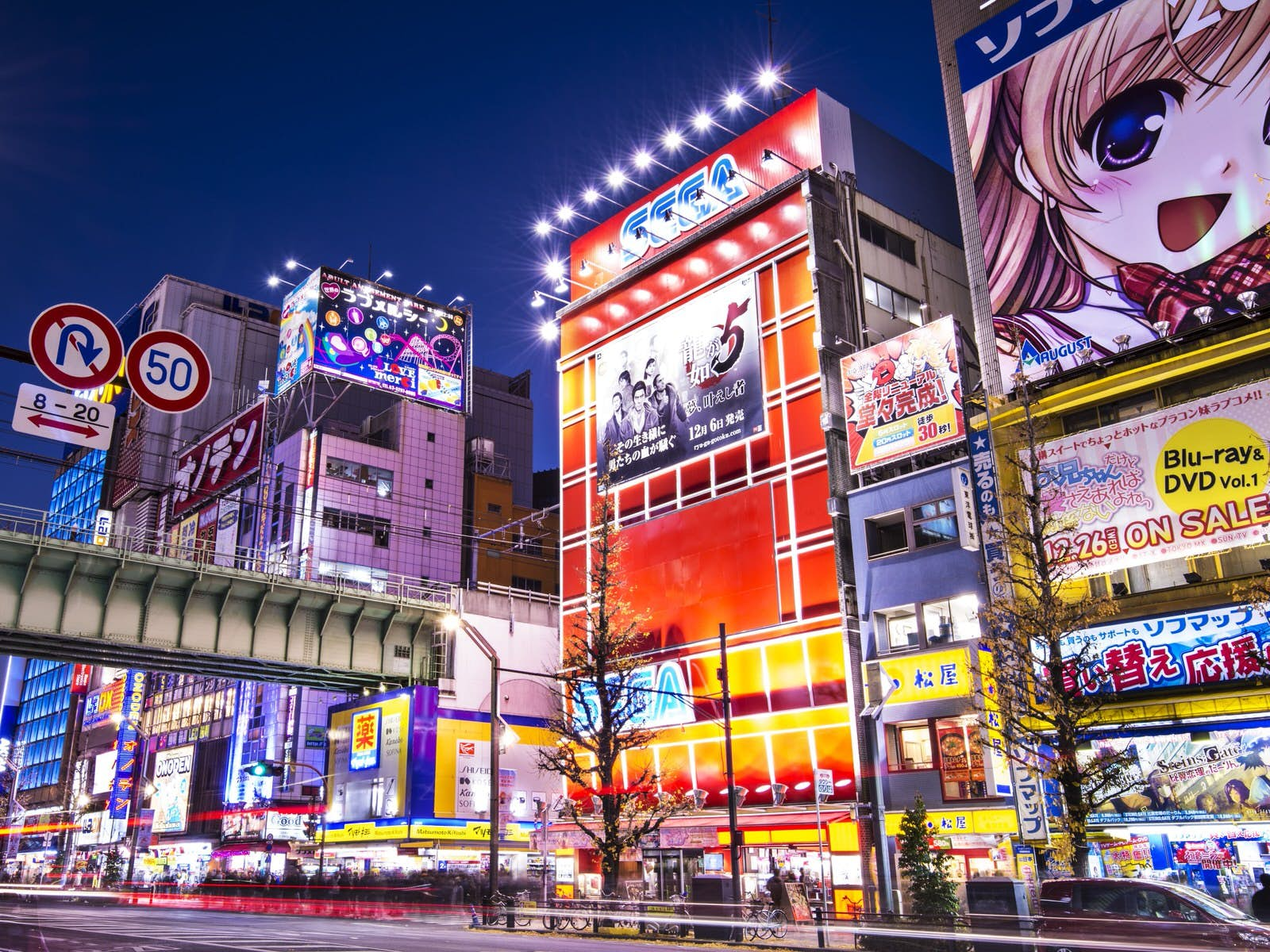
Therefore, shouldn’t esports be thriving too in a nation with such an enthusiastic gaming market? Although surely there are developing titles like Japan’s League of Legends scene given the presence of LJL, esports isn’t exactly the same in the region. While gaming itself is huge, esports has only started to develop in Japan.
This ironic yet factual situation is parallel to the opinion of a Japanese professional Mobile Legends player Obuyan. Obuyan is part of 10 Second Gaming Frost, a Japanese esports team that is also the only team representing Japan in both the M1 and M2 World Championships held in 2019 and 2021 respectively.
Japanese Esports Scene
In a virtual interview right before M2 kicks off, Obuyan shared his opinion regarding the Mobile Legends scene back home and the esports scene as a whole. Obuyan explained that “generally, the esports scene in Japan is very underwhelming and is still under a massive development, especially Mobile Legends. However, gaming itself is huge in Japan, but esports has barely developed.”
Moreover, Obuyan gave an important comparison between League of Legends and Mobile Legends. As mentioned, League of Legends already has a local scene thanks to the presence of LJL, but Mobile Legends still has no seasonal league system implemented in Japan.
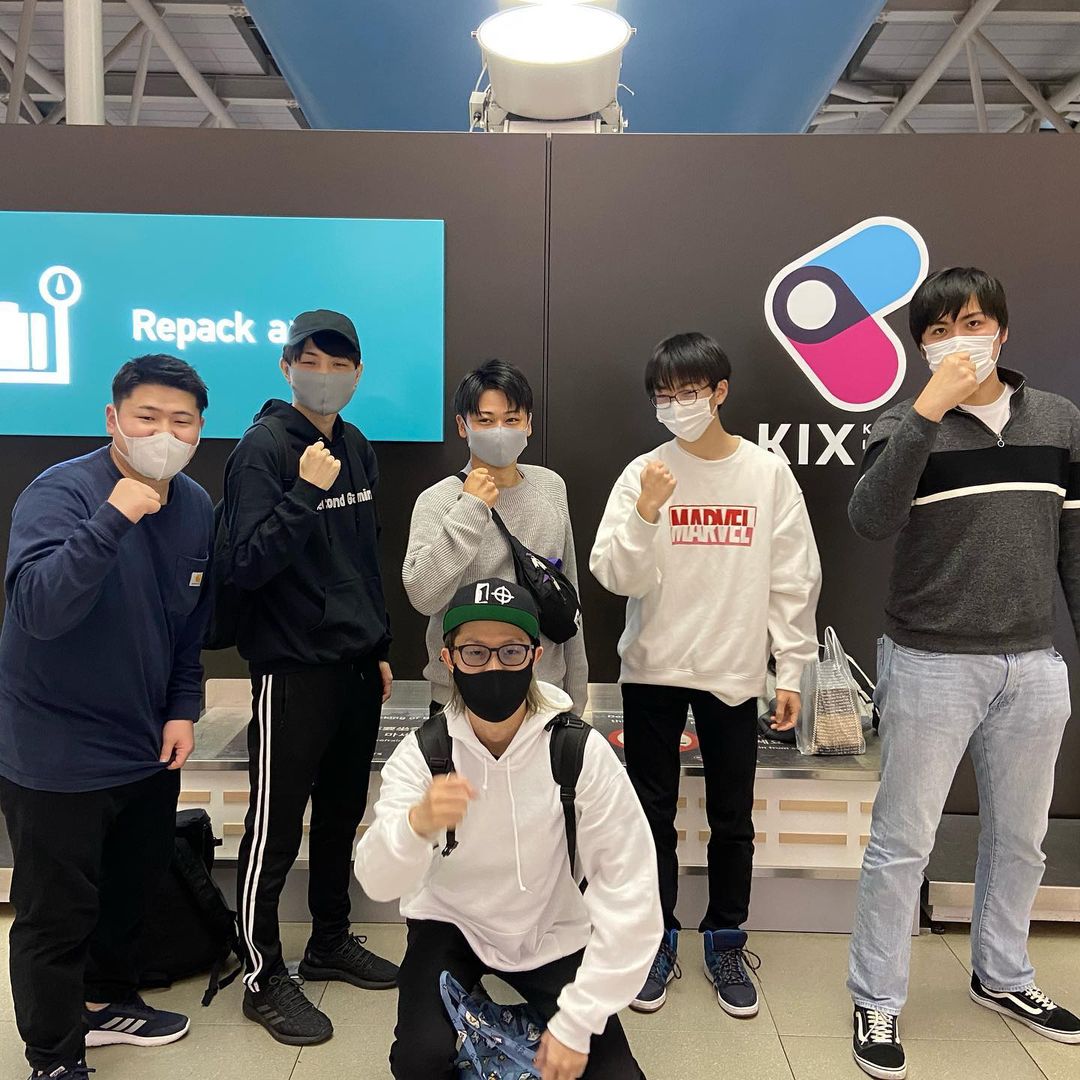
In Southeast Asian countries, the Mobile Legends Professional League (MPL) is vital to sustaining the ecosystem in the region, similar to how leagues like LPL and LCK greatly lift their respective local scenes. When asked whether MPL is needed in Japan, Obuyan pointed out that “MPL is very, very much needed in Japan.”
Obuyan believes that the reason why the current biggest MOBA game in Japan is League of Legends is partly due to the existence of LJL. The LJL was first created in 2014 and remains part of the local Japanese LoL scene ever since. If Moonton plans to develop MPL in an East Asian country, then Japan might be their next best target.
Youngsters hooked into gaming could be easily be transformed into highly committed and dedicated esports gamers and better yet, the Japanese PC-based esports culture isn’t as massive as the ones in South Korea and Japan. There could very well be other highly talented Mobile Legends players like Obuyan who’s waiting to unleash their skills.
Closing Remarks
It should be amusing to see how the mobile-esports scene could unravel in the coming years, now that the Southeast Asian scene has very much matured. Organizers like Moonton, Tencent, or Riot Games have great opportunities in certain nations where the market allows for such bold moves which these companies are known for.
Perhaps it’s just a matter of time before under-developed esports scenes are tapped into by these giants considering their current reception and enthusiasm of gaming. Also, if Obuyan and his 10s Gaming squad could make a name for themselves back home through winning M2, it would certainly boost the outlook of the Japanese mobile-esports scene and interest from mainstream audiences.
Cover Image by Inven Global.

